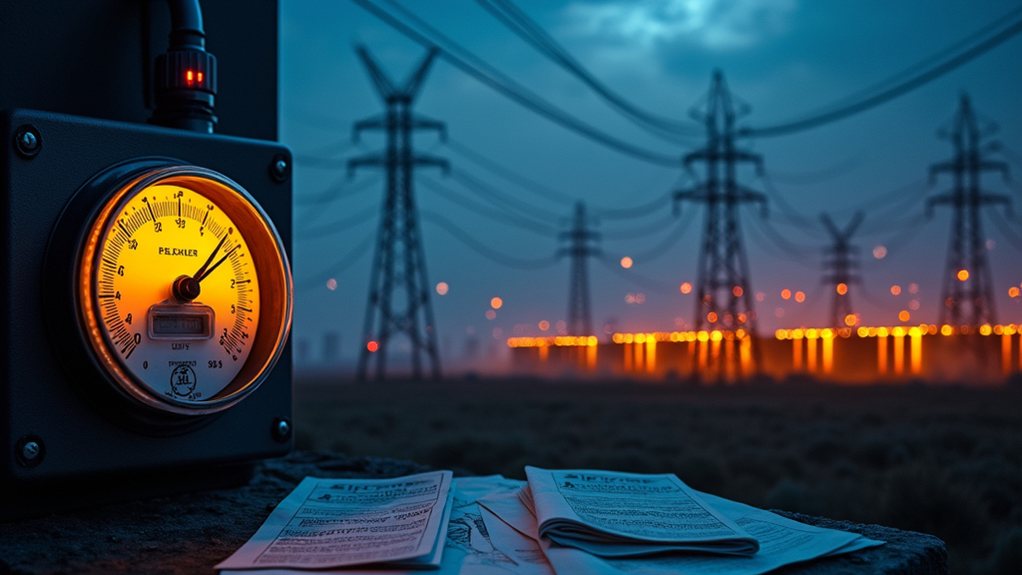AI’s energy appetite is like an ever-hungry Pac-Man for electricity, stealthily hiking up your bills. Data centers powering AI models like GPT-4 might need power plants as dedicated sidekicks. Imagine all that wattage next time your smart assistant suggests cat videos – cute but costly! Generative AI guzzles 7-8 times more energy than regular computing. If this sounds like Marvel’s villain origin story, stick around to see how we might save the planet without sacrificing tech-savviness.
On the global stage, electricity demand from data centers is set to more than double by 2030. AI, the heavyweight champ, is largely responsible. To satisfy its demands, training sophisticated models like GPT-4 draws roughly 30 MW of power.
And don’t even get started on generative AI workloads—they’re the energy equivalent of an all-you-can-eat buffet, consuming seven to eight times more energy than standard computing tasks. The US alone is projected to require over 78 gigawatts by 2035, illustrating the relentless growth fueled by AI advancements.
Feeling the pinch yet? Expect more. By 2026, data centers will gobble up 1,050 TWh, making them the fifth largest electricity consumer worldwide. That’s more than a marathon binge-watch of your favorite Netflix show—this is monumental energy guzzling.
Back in the US, data centers are expected to account for 8.6% of national electricity demand by 2035. Those virtual assistants and recommendation algorithms really pile on the kilowatts. Renewable energy sources integration could significantly mitigate this environmental impact while maintaining AI’s economic benefits.
Environmentally, this tale veers into murky waters. AI’s increased electricity demands could add 1.7 gigatons of global greenhouse gas emissions by 2030. Imagine a superhero turned supervillain scene—AI promises both progress and potential environmental mayhem.
And the infrastructure? Well, let’s just say it’s a marathon, not a sprint. Bringing a new data center online can take up to seven years, with bottlenecks at every turn.









